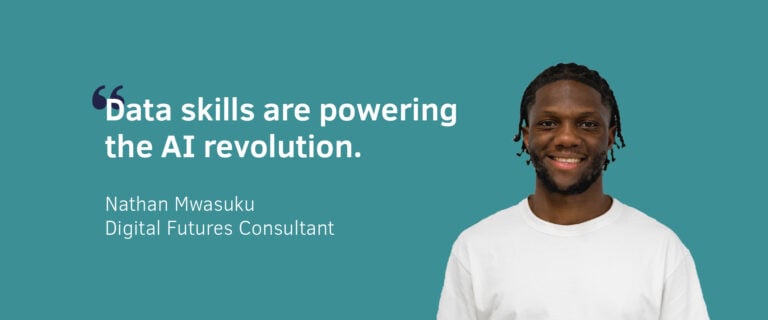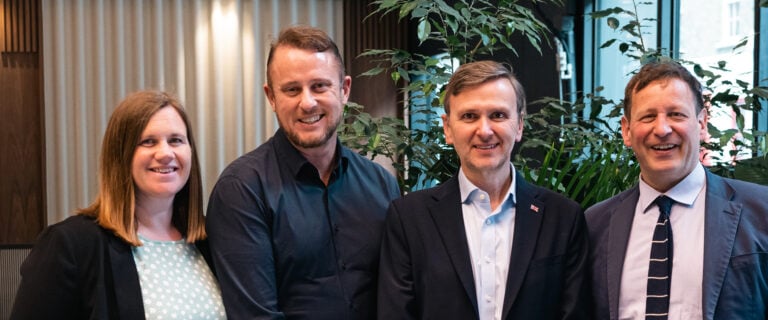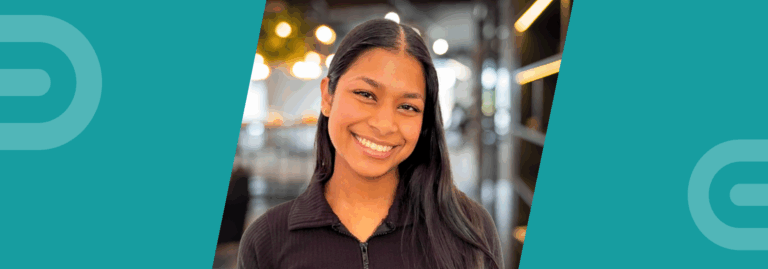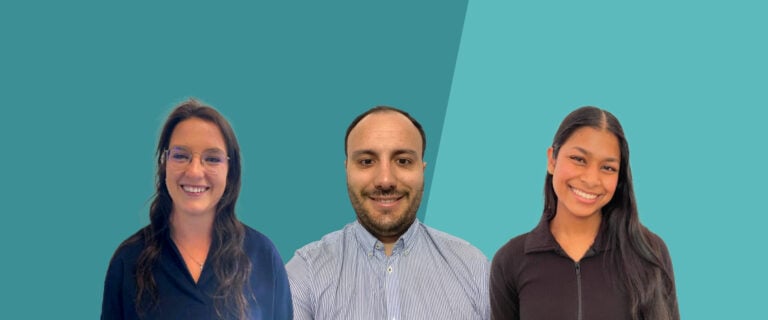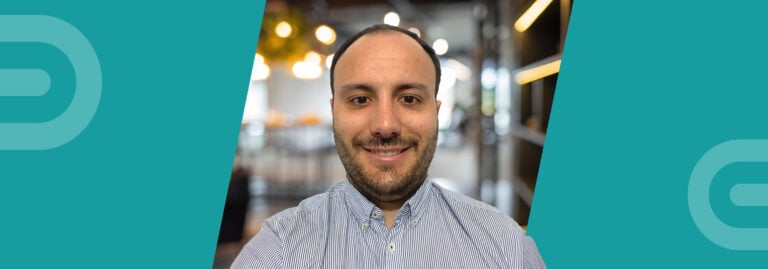I studied Physics at Durham and Edinburgh Universities before working as a delivery driver for a year during the pandemic. This was when I began learning to code in my spare time by building my own applications and taking online courses. I really enjoyed this as a hobby and decided that I wanted to pursue a career in tech, so began applying for various entry level jobs without much success. Some friends of mine who worked in the industry advised me to look into undertaking a Bootcamp, where I would learn all the skills and best practices required to take the first steps in a career in the industry.
When I came across Digital Futures advertising their first training programme, I was excited to apply. The three-month intensive course that they were offering was delivered by an instructor with many years of experience in the industry. It promised to be a challenging and rewarding experience where I would gain an in-depth understanding of all the concepts required to write clean and efficient code with full test coverage, building realistic full-stack applications and working on projects that mimic real-world examples. The opportunity to be deployed a a consultant with a client upon completion of the training was also very exciting, allowing me to work on exciting projects in a professional environment.
The Academy was an excellent opportunity for me to gain a more thorough understanding of the software development lifecycle and to learn about best coding practices from an experienced professional, as well as to get a feeling for the type of projects that I could be expected to work on in a workplace scenario. Many of the skills and techniques that I picked up during the academy were not something that I had come across much while leaning independently, and rarely in as much detail. The in-depth understanding that I gained throughout the course was not something that I could have taught myself. This is because we didn’t just learn how to write code, but also about the underlying processes that run beneath the surface when code is compiled and run. We learned about the principles and ideas behind writing clean and efficient code to professional standard, with a strong emphasis on the importance of Test-Driven Development.
My favourite part of the course was the final weekly challenge, which was to design a mock Twitter app. I found this challenge incredibly rewarding because it was the most difficult task that we had thus far undertaken, combining all the skills that we had learned throughout the course into a single project. We used the techniques learned in every module of the training course, such as software design, databases and security to build a full-stack application that functions the same as the real thing. It was fascinating to see the code required for such a popular application, although of course it was a much simpler, scaled-down version!
I am a part of the large cohort of trainees who upskilled as data engineers before being deployed to work for a large multinational company which provide technology solutions for various clients. We are currently working as data engineers on various projects. My project has involved working as part of a team designing and building a pipeline used for the ingestion of large quantities of tax data. This has involved setting up the repository required for the project, as well as adding code to extract and manipulate the sample data. Additionally, the code has needed to be rigorously tested by checking that the ingestion of the sample data matches predefined criteria and is therefore successfully loaded into the database.
I am enjoying constantly learning new technologies and witnessing how such a massive organisation functions. It is interesting to see how so many small teams working on different parts of the project combine to efficiently deliver the overall project. At times it’s been challenging when I pick up a piece of work that uses technology that I’m not familiar with and I have to decipher what the requirements are and what the code means, and quickly adapt to using the new technology. It’s also been difficult to understand everything that is happening in such a large project with so many moving parts, and to fully comprehend how the small bit of code that I am working on relates to everything else that is going on in the project.
Despite these challenges, I know that I am in good hands with Digital Futures. The training that we received prior to being deployed really helped with the transition, teaching the important concepts and best practices of data engineering. As well as this, my Delivery Manager is always on hand to support me with any issues that I may have and to ensure that I am happy and making progress.


